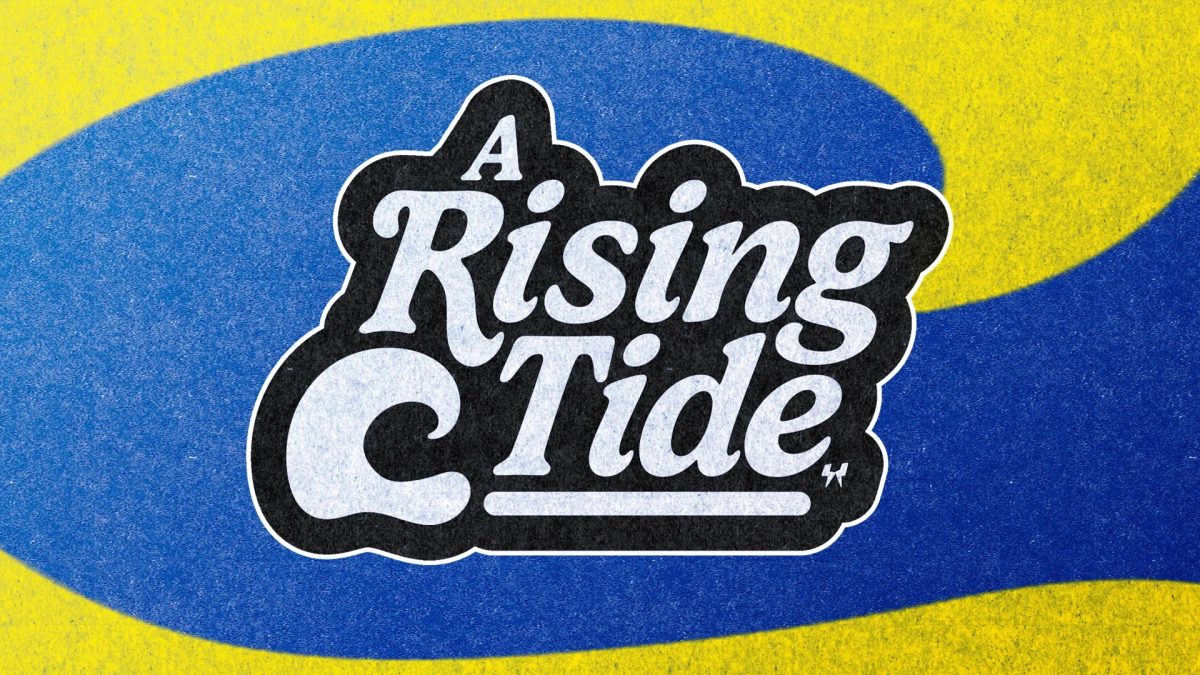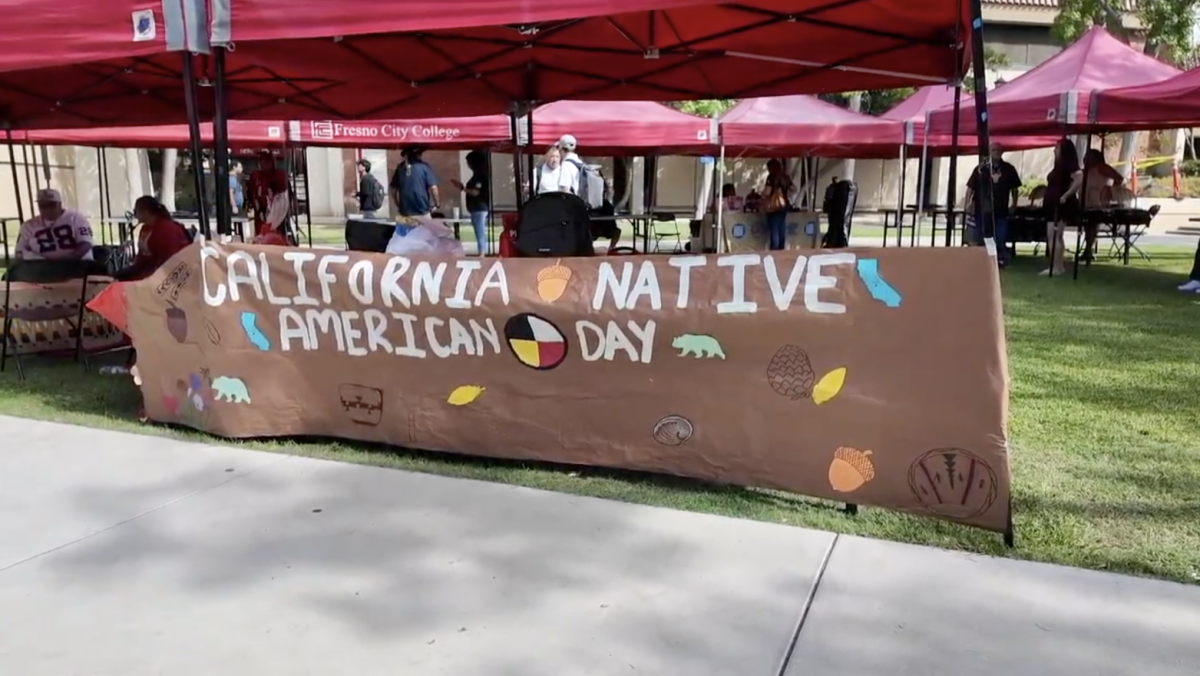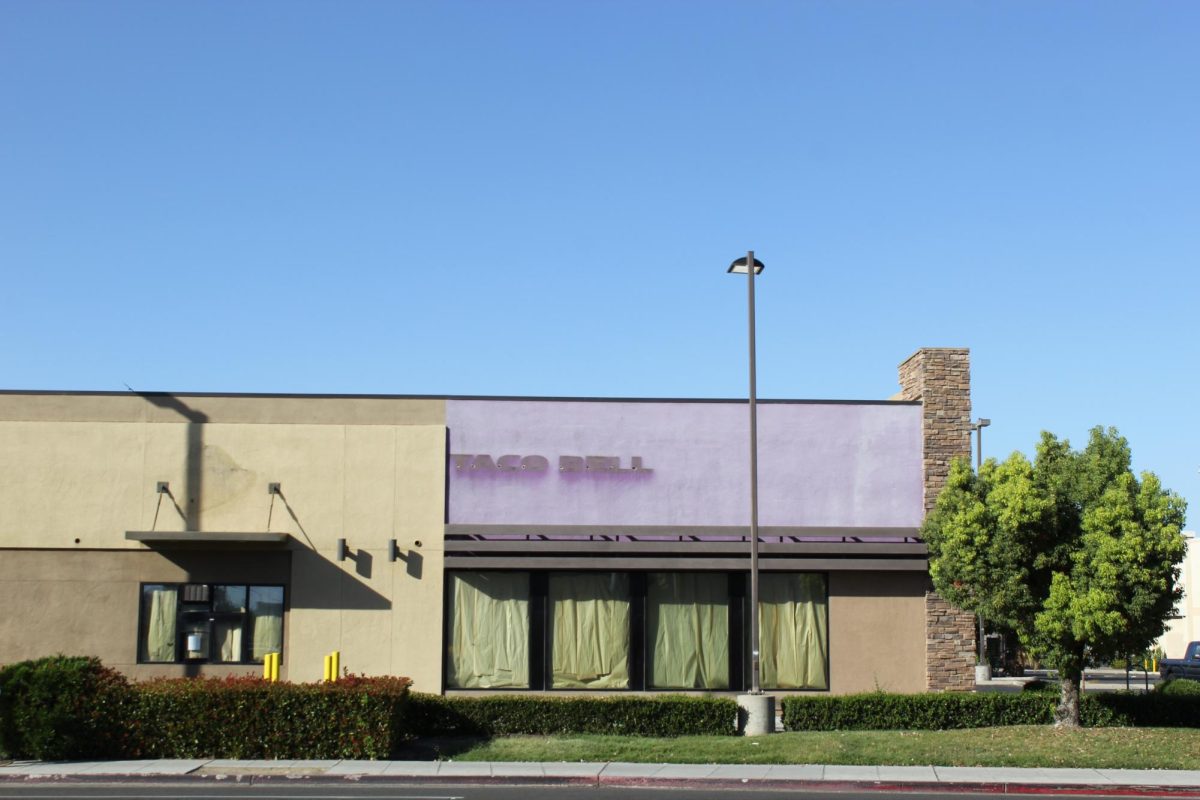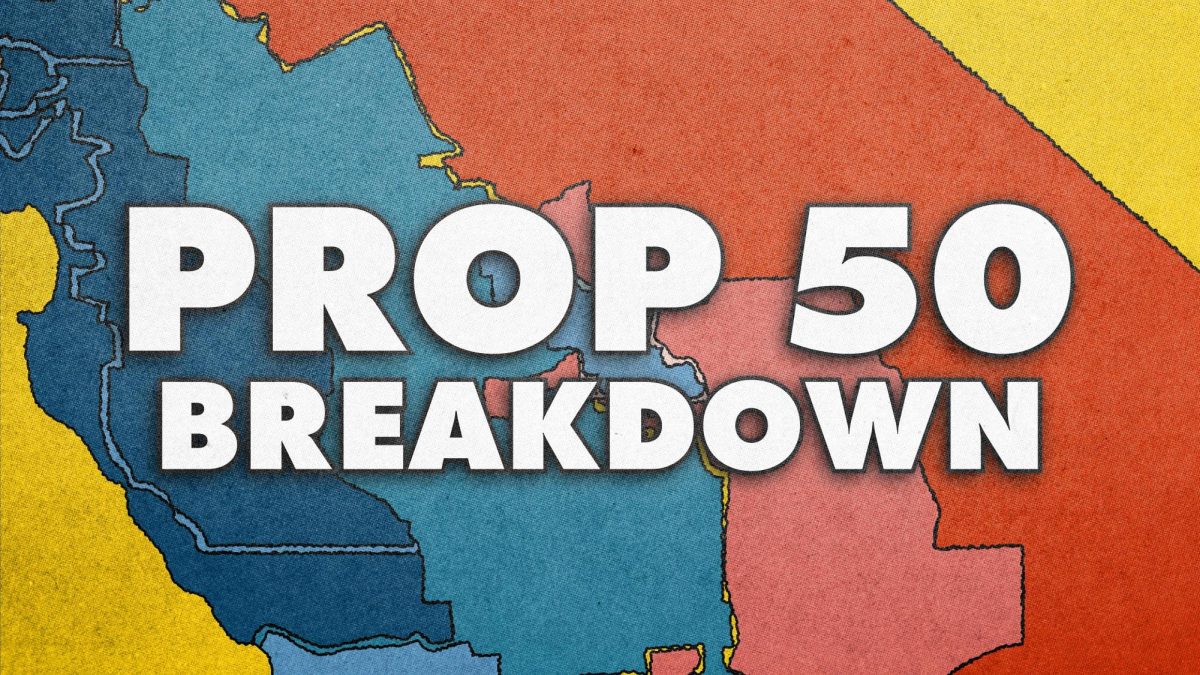Students who are not U.S. citizens are an invisible minority at many California colleges.
They live in an invisible borderland, both students at academic institutions and unseen and unheard individuals simultaneously.
Not born in this country, and therefore not considered California residents, these students without American documentation face financial and personal challenges along with underrepresentation.
Extended Opportunity Programs & Services counselor Sonia Lupian says she is aware of the multilayered challenges students without U.S. legal documents deal with silently.
In 2001, Governor Gray Davis signed Assembly Bill 540, or AB 540, to allow non-resident students to pay in-state tuition fees if they meet eligibility requirements.
There are several steps to meet the AB 540 eligibility, yet even these simple steps can be difficult.
Students must have attended a California high school for at least three academic years. They must also graduate high school, attain a G.E.D, or receive a passing mark on the California High School Proficiency Exam. Registering at an accredited California public college and filing an affidavit at said academic institution is also required, as is not having a non-immigrant visa.
“If we had a program like the way we have EOPS but for AB 540 and undocumented students that specifically helps their needs, that would definitely make the process for them a lot easier,” Lupian said.
The California Dream Act, comprised of AB 130 and AB 131, ensures that students who meet the same requirements for AB 540 can also apply and receive scholarships created from non-state funds and apply for financial aid at public universities and colleges.
Students who are unable to meet these requirements cannot attain in-state tuition and fees. This is crucial for students who cannot meet these requirements- usually because they have not studied at California schools long enough- out-of-state student fees are usually more than twice the amount of in-state California fees.
Tuition alone for an out-of-state student with 12 units in spring 2013 at FCC is more than $3,000. Each unit costs $281. Full-time California resident students are not subject to pay for tuition, only for the enrollment fee of $46 per unit, or $552 a semester, which out-of-state students must also pay.
While the Board of Governors’ fee waiver will cover the majority of in-state student fees, students without U.S. documents who cannot meet the AB 540 requirements will have no means to attain financial assistance and must find a way to pay for more than $3,000 in tuition and fees on their own.
Even for students without United States documents who can meet the AB 540 requirements, academic inclusion is never a given.
“There definitely needs to be a program established for AB 540 students,” said FCC student Grisanti Valencia, a psychology and political science double major who heads the FCC club Students without Borders. “The scholarships are out there, but a lot of them [students without documents] don’t even know about the scholarships. A lot of them don’t even know that they can fill out the California Dream Act and get a BOG waiver to cover their classes.”
Fresno City College does not have any programs established to help undocumented or AB 540 students specifically.
Counselor Sonia Lupian may not work solely with undocumented students, but her ability to speak Spanish leads to her continuing work with Spanish speaking students, and naturally, students without U.S. legal documents seeking help.
Grisanti Valencia said she also understands the difficulties of attending college as a student without U.S. legal documents. The club Valencia is intended to form a safe, inclusive community for students without U.S. legal documentation and allies supportive of their rights.
Valencia also works off campus with organizations like Autonomos, which promotes respect and strength in the Central Valley Oaxacan community.
Her goal is to provide an inclusive community for students with no U.S. legal documents seeking support both financially and socially.
The undocumented experience is manifold in its challenges. Yet personal, political, or financial, there are organizations focused on providing support in unexpected way.
“I feel like there’s a lot of financial help but I feel there’s not a lot of emotional help where they can just tell their story,” Valencia admits.
“I feel like we’re lacking in that in all of the groups that exist right now … they focus a lot in organizing rallies, organizing events, but not necessarily focusing on how you feel,” she said. “And that would be my main goal, to help them heal themselves, to being OK with saying ‘I am undocumented.’”






